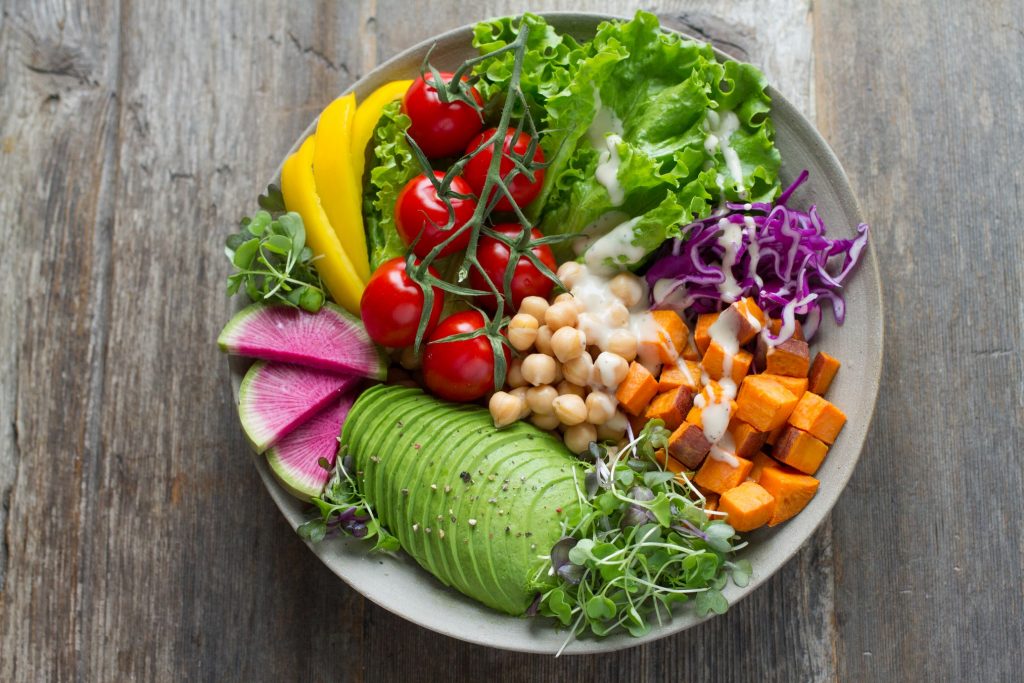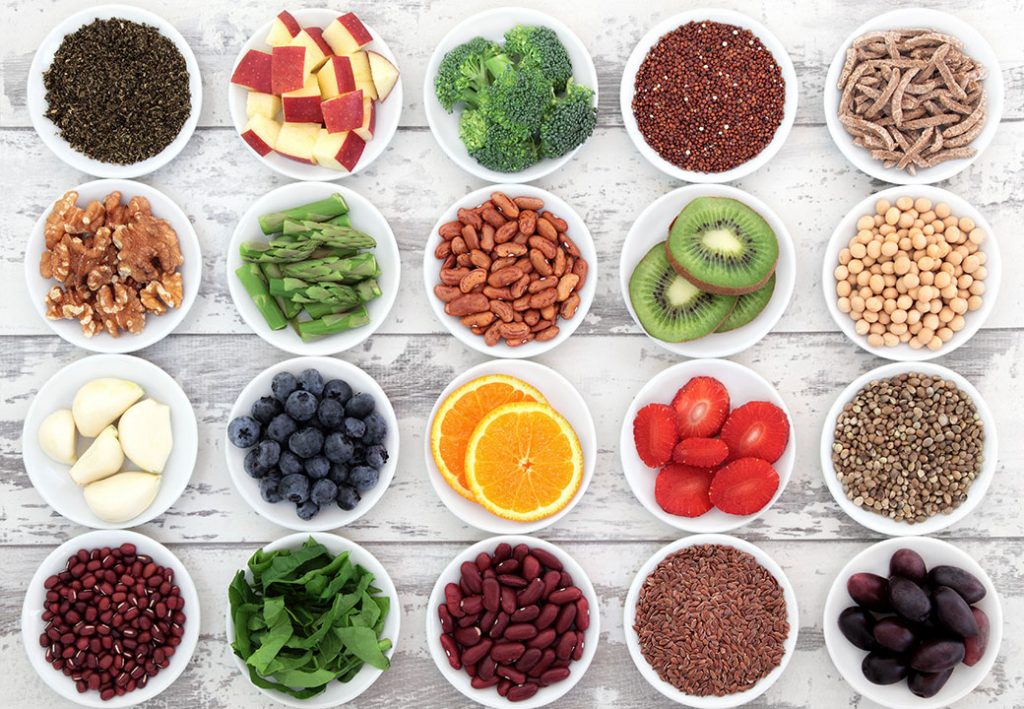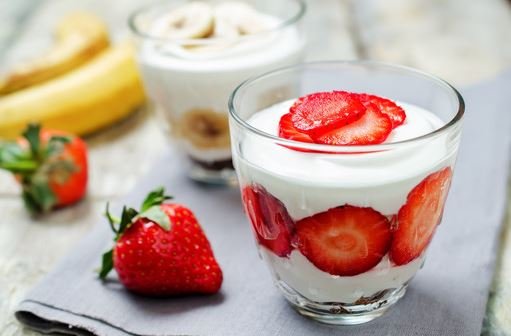Immune System: How To Get Rid Of It Fast?

Eating your way to better immunityYour immune system is incredibly complex. From a cold to a fever to the flu, it has to be strong enough and sophisticated enough to fight off a variety of illnesses and infections. Despite this complexity, there are things you can do to help give your immune system what it needs to ward off infection or illness. One of the best ways is to eat a nutritious diet. While no single food or dietary supplement can prevent or cure an infection, healthy diets are important for supporting immune systems and to fight infections. To boost your immune health, you’ll want to include the following in your everyday routine:- Eating foods high in nutrients- Boosting Gut health- Staying hydrated- Avoiding processed and low nutrient dense foods

Eating foods high in nutrients:The best foods to support the immune system are those that contain certain vitamins that are high in antioxidants, which protect our bodies from cell damage and harmful levels of inflammation.Vitamin A: This vitamin assists with the health of your intestines and respiratory system. Vitamin A-rich foods include carrots, sweet potato, spinach, broccoli and red bell peppers.Vitamin C: helps stimulate the formation of antibodies. Citrus fruits, strawberries, red bell pepper and kiwi are all rich in vitamin C.Vitamin E: This nutrient promotes the neutralization of free radicals by working as an antioxidant. Foods full of vitamin E include nuts, seeds and avocado.Along with these vitamins, Zinc and protein have been shown to help in boosting the immune system as well. Zinc helps the immune system fight off invading bacteria and viruses, and it also helps with wound healing. Zinc-rich foods include beans, seeds, nuts, meat, poultry and seafood.Proteins contain specific amino acids that are essential for T-cell function, which are cells that protect the body against pathogens. Meats, poultry, seafood, eggs, beans, nuts and seeds all have lots of protein.

Boosting Gut Health:Prebiotics and probiotics deserve special mention for helping to prevent illness. Both are essential to gut health and gut health is essential to immunity.About 75% of your immune-boosting activity starts in the gut, with naturally occurring healthy bacteria, fighting off bad bacteria. It’s important to boost the healthy bacteria with probiotics, while also providing that healthy bacteria the fuel it needs to thrive with prebiotics. Yogurt, kefir, and kombucha are good sources for probiotics. Prebiotics are found in the non-digestible fibers of fruit and veggies, beans and whole grains. You can also use a prebiotic and probiotic supplement if you feel you are not consuming enough of these foods.

Stay hydratedYour immune cells are much more resilient when you are well hydrated. A fluid in your circulatory system called lymph, which carries important infection-fighting immune cells around your body, is largely made up of water. Being dehydrated slows down the movement of lymph, sometimes leading to an impaired immune system.So, the age old question….does chicken noodle soup actually help you fight a cold? Yes and no. Consuming warm liquids can provide immediate and sustained relief from symptoms of runny nose, cough, sneezing, sore throat, chilliness, and tiredness,” More importantly, soup is hydrating, and taking in lots of water or broth in this case, is crucial for preventing dehydration when you have a fever. That being said, chicken noodle soup does not contain too many quality nutrients. So, the next time you have a cold, grab that chicken noodle soup but make sure you’re also eating those nutrient dense foods with it such as fruits and vegetables.

Avoiding processed and low nutrient dense foodsProcessed foods can cause inflammation in the lining of our GI tract, the exact place where food is absorbed. Your gut may not recognize what you’ve eaten as digestible food and instead interprets the presence of foods like artificial ingredients as an “attacker.” This sets off an inflammatory response in which our bodies are literally fighting these foods as if they were an infection. Sticking to more whole foods, such as whole fruits, veggies, and unprocessed meats, can lower the stress this creates on your body.

ConclusionThe immune system is best prepared to fight viruses when it is fueled by nutrient-rich foods, and when we avoid foods that weaken it. The food we put in our bodies directly affects the way that we feel and the way our bodies function. This is as true during an illness as it is before or after. Staying healthy is so important these days, more than at any other time, because we are fighting many viruses which don’t have a treatment. “The treatment is our immune system.” -EarthFIT Coach Jared

 YES! Contact me today to schedule a FREE no obligation consultation and trial workout.
YES! Contact me today to schedule a FREE no obligation consultation and trial workout.